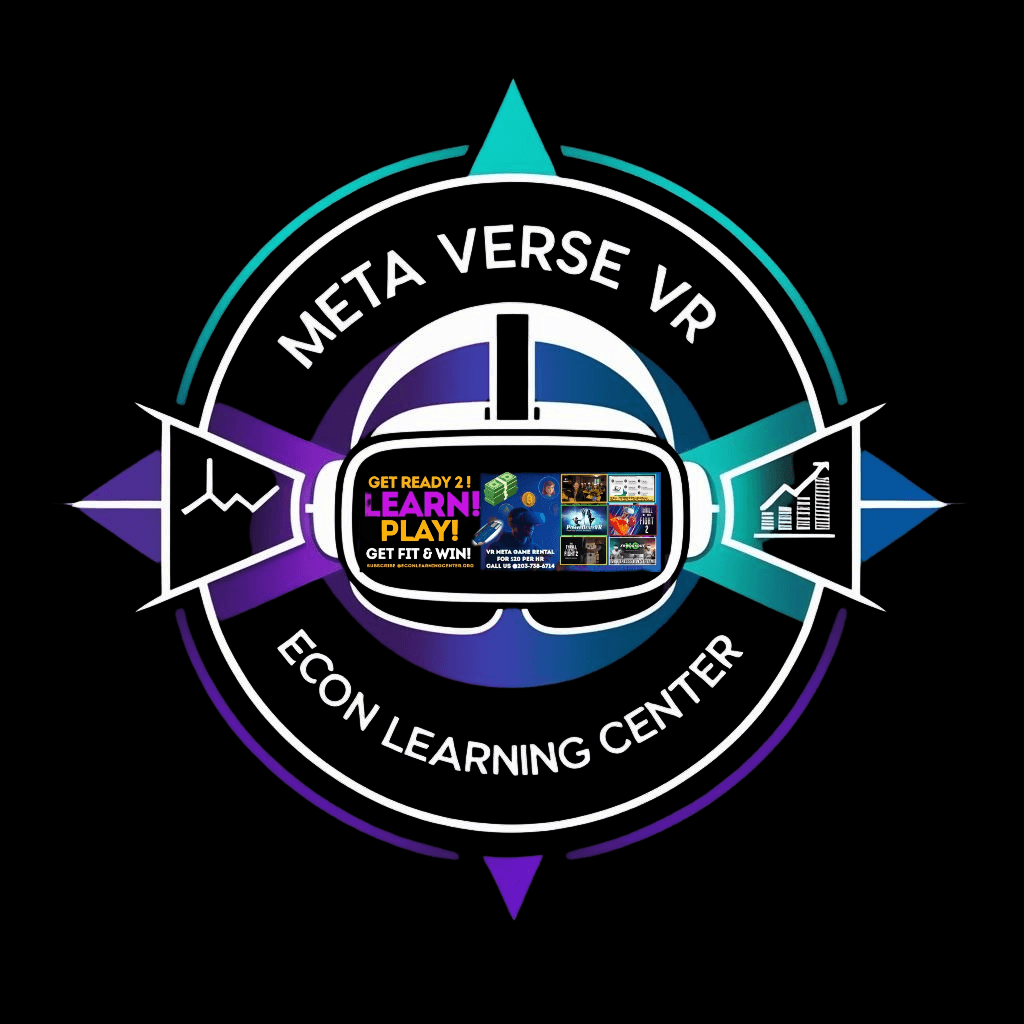- BOOK ME HERE
- About
- Giveaway Gift Rewards Contest
- ENROLL HERE
- Schedule For Our Personal Financial Development 1 Year Course
- The Challenge
- ELC SHOP CLUB
- Credit Repair and Financial Education Services
- Watch Our Business Presentation
- Contact
- FAQ
- Econ Learning Center Blog
- Terms of service
- Econ Learning Center Channel
- Credit Secrets Live Tv
- ELC Meta Verse Vr Fitness ED Games
The Growing Importance of Computer Learning for Adults in a Digital Age
Introduction to Computer Learning for Adults
In today's fast-paced digital world, the ability to navigate and utilize technology is more crucial than ever. As digital technology continues to evolve, so does the necessity for adults to engage in computer learning. This growing importance is driven by a variety of factors, from professional advancement to personal empowerment.

Why Computer Learning Matters
For many adults, the workplace is a primary driver for acquiring new computer skills. With the digital transformation reshaping industries, employees are expected to be proficient in a range of software and tools. Employers now prioritize digital literacy as a core competency, making it essential for career growth.
Beyond professional requirements, digital skills also enhance personal life. Managing finances online, communicating through social media, and accessing entertainment are just a few areas where computer proficiency plays a significant role. As such, computer learning opens up new avenues for individuals to connect and engage with the world.
Barriers to Computer Learning for Adults
Despite its importance, several barriers can hinder adults from pursuing computer learning. These include:
- Lack of time due to work and family commitments
- Financial constraints that limit access to resources
- Fear of technology or resistance to change

Overcoming the Challenges
To address these barriers, a variety of solutions have been developed. Online courses offer flexibility, enabling adults to learn at their own pace and schedule. Many platforms provide free or affordable courses covering a wide range of topics, from basic computer skills to advanced programming.
Community centers and libraries often host workshops and training sessions, providing hands-on experience with guidance from skilled instructors. These in-person opportunities not only teach valuable skills but also foster a supportive learning environment.
The Role of Government and Organizations
Governments and organizations worldwide recognize the importance of digital literacy and are taking steps to promote computer learning among adults. Initiatives such as subsidized training programs and partnerships with technology companies aim to make learning more accessible.

Organizations are also investing in employee development by offering in-house training sessions. These initiatives help bridge the digital skills gap, ensuring that workers are prepared for the evolving demands of their roles.
The Benefits of Embracing Digital Learning
Embracing computer learning has numerous benefits. For individuals, it can lead to improved job prospects, higher earning potential, and a greater ability to adapt to new technologies. On a broader scale, digitally literate populations contribute to economic growth and innovation.
Moreover, engaging with technology can enhance cognitive abilities and boost confidence, empowering adults to take on new challenges both professionally and personally.
Conclusion: A Call to Action
The digital age presents both opportunities and challenges for adults. By prioritizing computer learning, individuals can unlock their potential and thrive in an increasingly digital world. Whether through online courses, community workshops, or workplace training, there are numerous ways for adults to enhance their digital skills.

Investing in computer learning is not just a personal benefit but a societal one. As we move forward, it is crucial to support these educational efforts, ensuring that everyone has the chance to succeed in the digital age.
